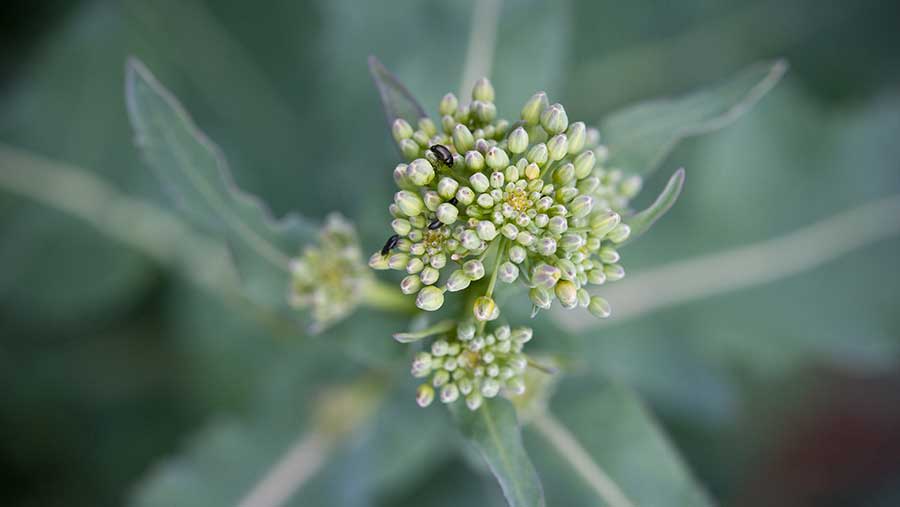Insect genome database to ‘speed up’ novel crop protection solutions
 © Tim Scrivener
© Tim Scrivener More targeted and non-chemical methods of pest control could soon be available thanks to a new insect genome sequencing project.
Scientists at Rothamsted Research have created a new database of 19 insect genomes (PDF) for some of the most damaging crop pests, as part of industry efforts to develop more nature-friendly pest control solutions.
The database includes some of the most common pest threats faced by UK farmers, including wireworm, cabbage stem flea beetle and pollen beetle, as well as other globally important species.
See also: Chris Bennett: SFI set to reduce insecticide use
It is hoped that making the database publicly available will help speed up development of novel, more nature-friendly pest control methods.
The four-year Pest Genome Initiative was developed by Rothamsted Research and agrochemical companies including Syngenta and Bayer CropScience.
The team says the database will help in the development of pesticides that are less likely to incite resistance evolving in their target species – a huge problem for farmers and often the reason for excessive pesticide use.
By having these higher-quality genomes available, researchers hope they will be able to better understand how resistance to pesticides evolves.
The database will also be used in the development of non-chemical pest control, such as manipulating insect behaviour, focusing on the genes that control how insects find mates, and host plants that shepherd them away from crops.
‘Smarter’ solutions
Research leader Linda Field, an insect molecular biologist at Rothamsted, said the future of farming would be “smarter” and involve less pesticide use – dovetailing the electronic surveillance of insect movements and measures that encourage natural pest control, with newer, more targeted pesticides.
“Currently as much as a fifth of all crops are lost globally to pests, and this is predicted to increase to 25% under climate change,” said Prof Field.
“While non-chemical control methods can have some success in reducing crop losses, pesticides remain a necessary weapon in our fight against devastating crop losses and will do so for the foreseeable future.”

